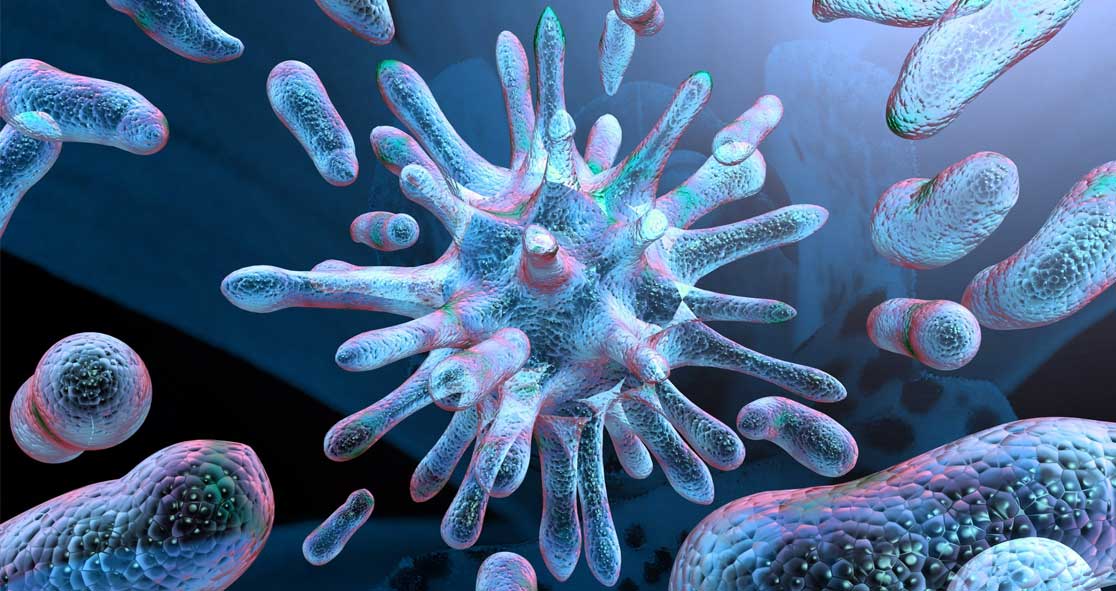Researchers are now paying closer attention to the complex dynamics involved in different types of microbial infections amid the ongoing COVID-19 pandemic. They are also determining how life forms defend against attacks from pathogens, according to News Medical Life Sciences.
New research led by University of California San Diego scientists has shed new light on the dynamics involved in how organisms sense that an infection is taking place.
Assistant Project Scientist Dr. Eillen Tecle and team conducted the study in Prof. Emily Troemel’s lab to focus on how cells, which are not involved in the conventional immune system, respond to infections when pathogens invade.
Experts have conducted extensive research on “professional” immune cells that defend the body from microbes, but there is not much data about how “non-professional” cells help from such pathogenic threats.
Dr. Tecle, Prof. Troemel, and the team at Pennsylvania State University focused their research on roundworms that lack dedicated immune cells to decipher details of such dynamics.
The researchers, who published their findings in the journal PLOS Pathogens, conducted experiments involving roundworms under attack by viruses and microsporidia – the natural pathogens of worms and humans.
They found that roundworms might sense changes in their metabolism to unleash protective defenses even if they fail to sense the pathogen invasion.
Dr. Tecle explained, “We hypothesize that the host has ways to surveil what’s going on inside of its cells in an active process.”
“Our results suggest that the host has developed ways to sense the theft of purine metabolites,” she added. “It seems that when these key cellular building blocks are stolen by the pathogen, the host senses this theft to mount an immune response to the pathogen.”
The study may shed light on why such mutations have been found to underlie many human diseases. These mutations result in various disorders in humans but they may persist in the human population to provide some protection against infections.
Prof. Troemel said, “Particularly in the context of the COVID-19 pandemic, it’s so important that we continue to study these questions of immunity in lots of different systems to build new tools so that we can learn how to prevent and treat infections.” The article was published on News Medical Life Sciences.





















